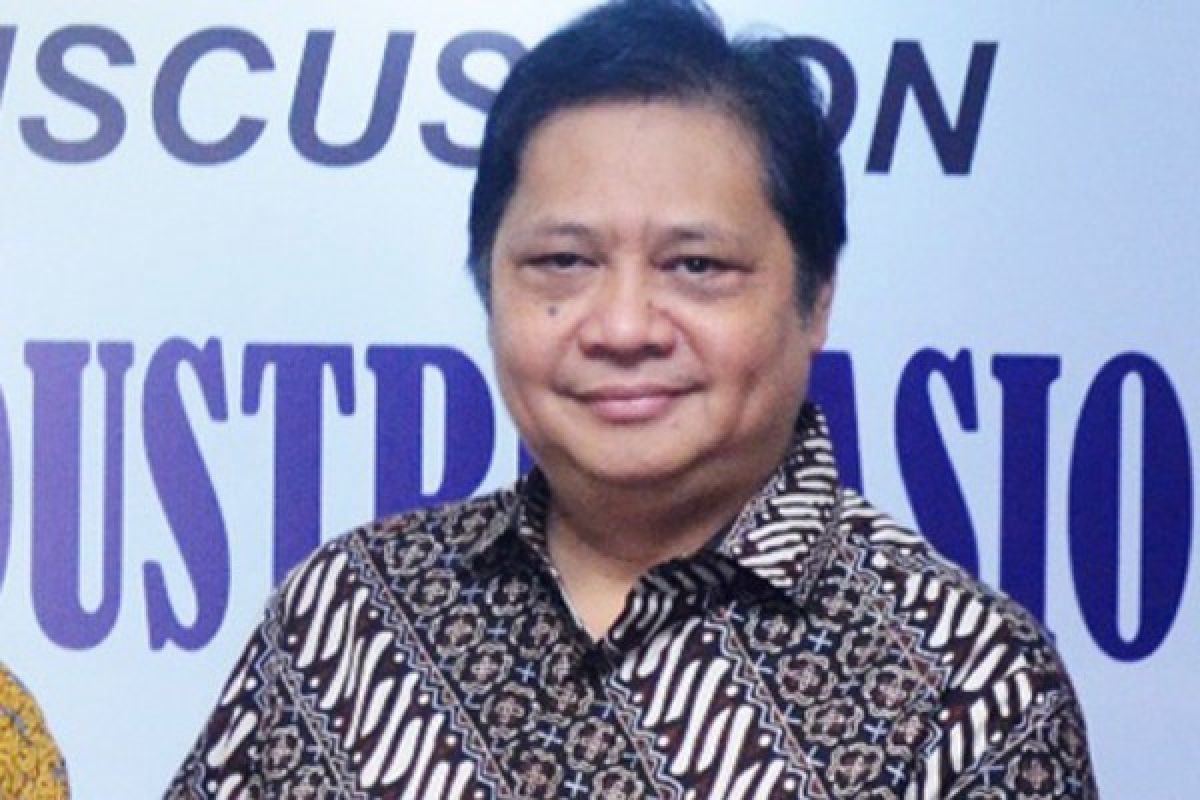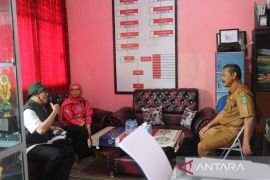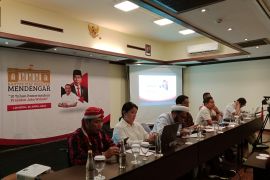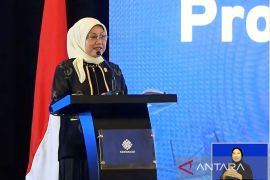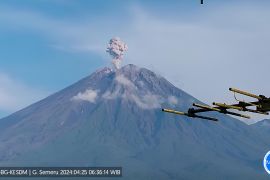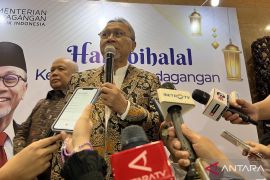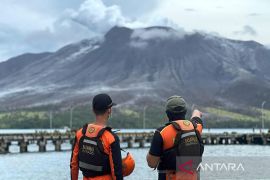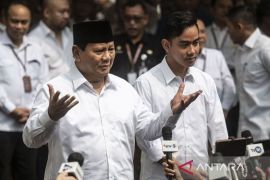"The first target is that we will continue to develop links and match vocational education to create one million trained workers by 2019," Hartarto noted in written statement in Jakarta on Sunday.
One of the main focus areas of the government in 2018 is to create skilled human resources in the industrial sector.
"The solution to facing the demographic bonus is vocation," the minister noted while expressing his conviction that a competent industrial workforce will boost productivity and economic growth that will eventually have a positive impact on the people`s welfare.
It is necessary to take this strategic step to increase Indonesia`s competitive edge at the global level. Essentially, Indonesia is targeted to become the world`s seventh-strongest economy in 2030.
"The second target we are focusing on is developing the industrial zones to ensure balanced development across Indonesia`s regions (or dubbed as Indonesia sentris)," he remarked.
This is part of President Joko Widodo`s target in his Nawacita development priority concept, which is developing Indonesia from the border areas and strengthening regions and villages in the framework of the unitary state.
The third target is that the industry ministry will produce an Industry 4.0 roadmap, or digitally connected fourth industrial revolution outlines. This step is being taken to face the ongoing digital economy era.
"We are offering not only large-scale industries but also small- and medium-scale industries (IKM) the chance to seize opportunities in the current development of manufacturing technology," he stated.
With regard to research and development of the Industry 4.0 system and technology, the industry ministry has explored cooperation to conduct research collaboration with the Tsinghua University of China and Institute of Technical Education of Singapore.
In addition, the Ministry of Industry has launched the IKM e-Smart program to encourage national IKM players, so they are not left behind in the current era of digitalization.
The program will utilize the digital platform through the facilitation of cooperation between IKM and start-up companies in Indonesia, especially those engaged in e-commerce and shipping companies.
Fourthly, Hartarto is committed to implementing industrial downstream policies, one of them in the metal sector.
"Indonesia is targeting the production of 10 million tons of steel by 2025. In addition, it will produce four million tons of stainless steel by 2019," he noted.
Fifth, Minister Hartarto is focusing on creating new jobs in the industrial sector, as the manufacturing sector is one of the major contributors to the nation`s economy through the absorption of significant workforce.
The Ministry of Industry projects that the number of manpower in the manufacturing sector in 2017 will reach 17.01 million people, up from 15.54 million in 2016.
With the absorption of manpower in this industrial sector, the unemployment rate will decrease.
(T.A014/A/KR-BSR/F001)
Reporter: antara
Editor: Heru Purwanto
Copyright © ANTARA 2018
